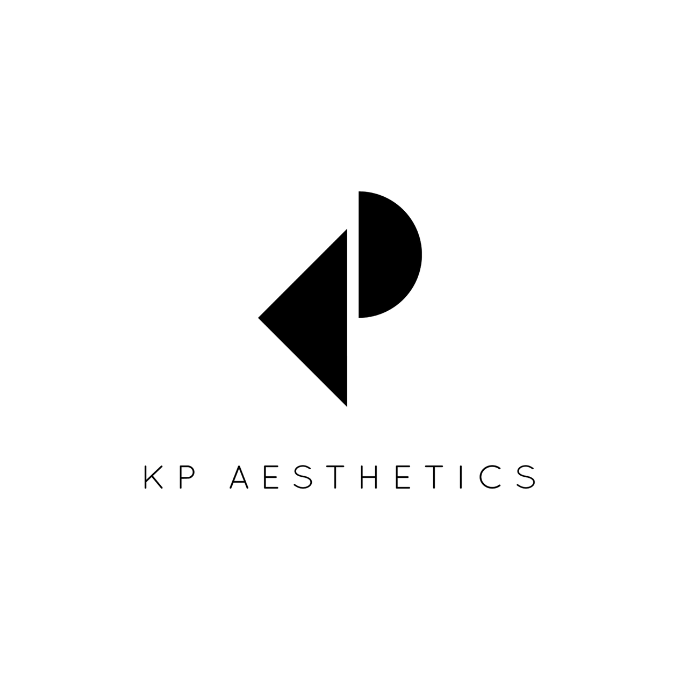Ageing is inevitable, and with ageing comes wrinkles. In magazines, television adverts, and online we are bombarded with the best of crow-eye and laugh-line busting solutions. The ever-promising miracle moisturisers have a global market estimated at around 200 billion dollars. We part with hundreds of pounds every year hoping to have well-judged faith in our favourite anti-ageing brand.
Other than the backing of high-profile celebs, and some buzzwords whose science most of us won’t understand, we eagerly put our trust into these pricy anti-wrinkle products without knowing if or how they actually work. With all of the debates and research around this, I want to share what I’ve found on anti-aging moisturisers.
Why Wrinkles Appear when Ageing
It all comes down to collagen. Collagen is the protein that retains the firmness of skin. As we age, we gradually stop producing collagen, causing our skin to sag, lose its luminosity and wrinkle. Anti-wrinkle moisturising treatments frequently shout out their collagen-stimulant properties. With so many products competing for a place in your bathroom cupboard, it is often tricky to distinguish scientific fact from advertising fiction.
Don’t be Fooled by Scientific Fluff
When we think about buying a new anti-aging moisturiser, we pick it up in the shop and read ‘Specially formulated with…’ followed by some jargon. Where ‘aqua’ is just water, ‘humectants’ are moisturisers, and ‘emollients’ means lotions and creams, it can be difficult to separate the good stuff from the, well, stuff. There are some ingredients to look out for including:
‘Retinol’ is a key component in an effective anti-wrinkle cream. It is an active form of Vitamin A – an essential vitamin in the production of collagen. We lose this vitamin gradually as we age so by adding it to your skin through an anti-aging treatment moisturiser we can encourage the production of collagen.
‘Anti-oxidants’ is an overhead term for a number of specific ingredients. In terms of skincare and anti-wrinkle products, look out for green tea extract, niacinamide, and resveratrol.
‘Pentapeptides’ are long-chain amino acids. The research on pentapeptides was initially done in relation to healing wounds and the skin’s natural response to that injury. These studies have since been widely published and show peptides as fundamental element in skin cell and collagen production.
Price Doesn’t Reflect Product Effectiveness
Good news. For those of us without the pocket to buy the latest lotions at £200 a pot, a normal everyday moisturiser can also work to help smooth out the appearance of wrinkles. Applying a cream adds moisture to your skin which can then be absorbed. As a result, the skin puffs up, reducing the depth of wrinkles without the price tag that comes with specialist ingredients.
Classification of Cosmetics
If anti-ageing creams could achieve the same result as a medical procedure, they would be marketed as prescription drugs and not cosmetics. Getting their concoctions onto the shelf would then take years of clinical tests and trials – plus licensing – meaning far more money plugged into the product. For this reason, we cannot hope for a total transformation and eradication of wrinkles from a moisturiser.
Should We Be Buying Anti-Ageing Moisturisers?
The general consensus from independent dermatologists and scientists is that using a moisturiser is a good thing, but don’t expect miracles, and spending £200 on a miracle moisturiser won’t necessarily make more of a difference than a £20 alternative.
We should also be careful with the ‘weight’ of the anti-ageing cream, and our skin-type. Over-hydrating the skin with a heavy moisturiser can prevent or decrease the skin’s natural production of moisture. A heavy moisturiser can also cause or worsen acne by holding dirt and bacteria in our pores.
The best preventative to ageing skin though is sun cream. UV light damages the collagen in our faces that only shade and sun cream can prevent. Sun damaged skin, and wrinkles that are forcing you into having bigger frown lines can be treated by methods other than moisturisers, and that don’t require cosmetic surgery. As an aesthetic nurse based in Manchester, I can help you combat the creases. To find out what anti-ageing treatment will work best for you, get in touch.

